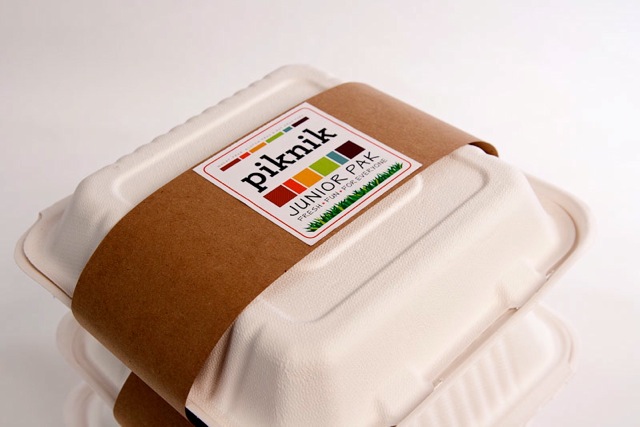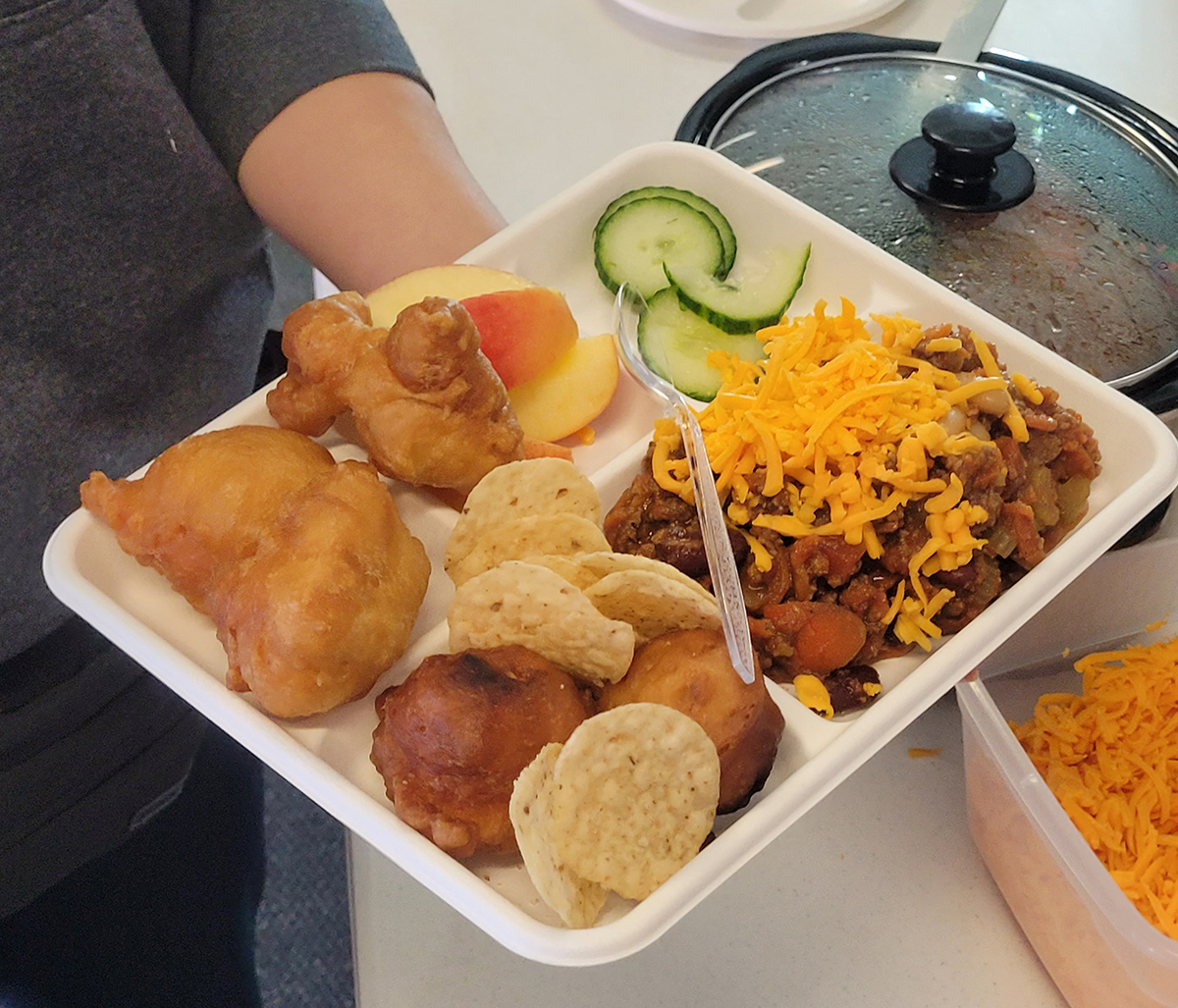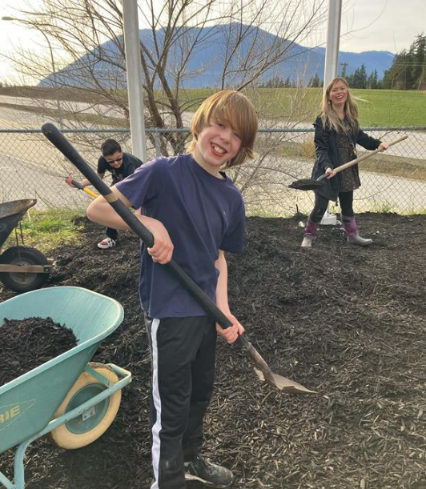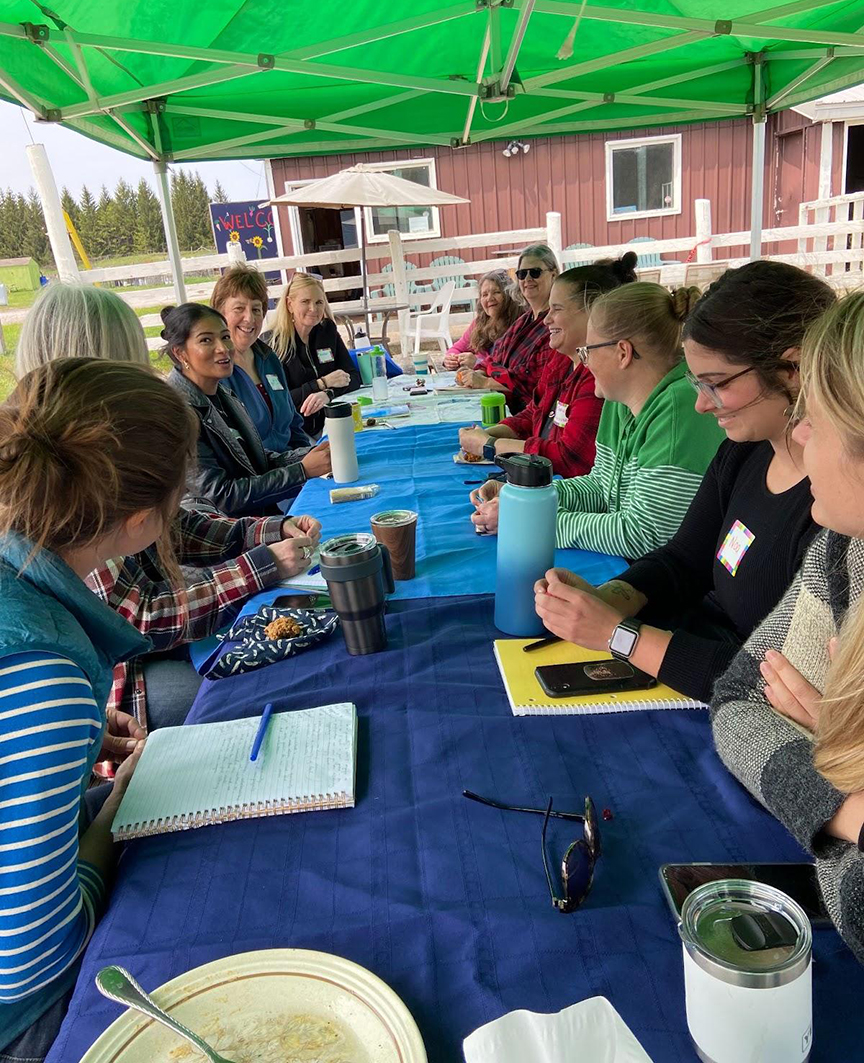I went to the Farm to Cafeteria conference in Richmond, BC, with a kernel of an
idea–a seed, really, if you can pardon the really bad pun.
My idea was to launch a catering company, Piknik, with a very specific niche:
providing a fun, healthy, and inclusive hot lunch day option for kids.
About a month after my idea really started to germinate (sorry), my friend
Arzeena Hamir posted about the Farm to Cafeteria Conference on Facebook,
and I wondered if this would be a good place to get feedback on my idea, and to
make some contacts in the farming community.
Well, the answer to that was an overwhelming yes. I met farmers, parents, a
school board trustee, and lots of interesting, passionate and engaged people. It
was inspiring. Not only did I get great feedback and encouragement, but I also
felt a part of something bigger–a movement, a community.
I started all of this because my kids have food intolerances and won’t be able to
participate in the existing hot lunch program at school. I would have been
perfectly happy to lobby the local school to include a healthier option but I simply
could not find anything that would make it possible for my kids to participate. And,
frankly, I was concerned to discover the kinds of foods that we are modeling as a
“treat” on the special lunch days.
As adults, we all know that something magical happens when people sit down
and share a meal together. We build community. Now, imagine being 5 years
old, your first hot lunch day. The kids around you are buzzing with excitement in
anticipation of the special lunch that is coming. When the bell rings, all the kids
will sit down together and share a meal. Except you.
You have to eat something different than everyone else, something that you
brought from home. The fact that it’s different makes it infinitely less exciting than
what everyone else is eating. It’s hard to enjoy even the most lovingly packed
lunch when you feel left out. That’s a pretty sad thought. And let’s face it, kids can
be cruel. Not only would those who can’t participate feel isolated, they might
even be teased or worse. I couldn’t bear the thought of my kids being left out,
not just from eating the food but from the social ritual of the meal.
Of course this isn’t just about my kids. It’s clearly time to make some fundamental
changes in how we teach our kids about food, about health, about nutrition.
We know that:
- Approximately 15% of the population suffer from diagnosed food allergies or sensitivities and this number is on the rise;
- In the USA, it is estimated that 1 in 3 children born in the year 2000 will develop Type 2 diabetes, a disease that used to be found almost exclusively in adults;
- In Canada, it is estimated that in the next 15 years, the rate of Type 2 diabetes in children will increase by 50%.
These are staggering statistics.
It makes me feel good that in my own small way, I am hopefully contributing to a
healthier generation.
In six short months since the Farm to Cafeteria Conference, I have resigned from
my day job and thrown myself full throttle into making my vision a reality.
This vision is to get kids excited about eating fun, healthy food and to help them
establish good eating habits that will last a lifetime. It’s also about building
community–with farmers and in the classroom.
Thank you, Farm to Cafeteria!
Joanna Scultz,
Richmond BC
▄ ▄ ▄ ▄ ▄ ▄
p i k n i k
█ █ █ █ █ █
Visit us on Facebook or our website





